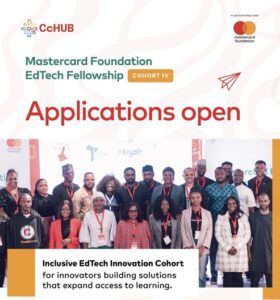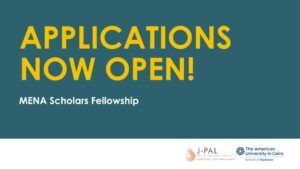On the occasion of World Field Epidemiology Day the Africa Centres for Disease Control and Prevention (Africa CDC) is honored to announce the official launch of applications for the prestigious African Epidemic Service – Epidemiology Track -Fellowship Programme. This two (2)-year, competency-based training initiative is hosted and directed by the Africa CDC in partnership with the African Union (AU). The timing of this significant announcement aligns with the global celebration of field epidemiologists’ critical role in safeguarding population health and advancing global health security.
The African Epidemic Services (AES) is an elite workforce initiative hosted and directed by the African Union. It includes three specialized tracks: Epidemiology, Laboratory Leadership, and Public Health Informatics. These programs have been meticulously designed based on the priorities identified in the Africa CDC’s workforce development framework.
“This fellowship program is a two-year, competency-based training that includes three months of didactic training and 21 months of intensive field training at carefully selected sites across Africa. Fellows will acquire more than 50 competencies through in-service training, fostering south-to-south collaboration among fellows and hosting institutions.” Said Dr. Tajudeen Raji, Head of Public Health Institutes and Research Division.
The call for applications for the fellowship program is now open, starting from 7th September 2023 and continuing through to October 26, 2023. The Africa CDC enthusiastically invites applications from all qualified candidates hailing from African Union Member States. Africa CDC is an equal-opportunity employer and encourages applications from women, youth, and underrepresented regions.
Requirements
- This program targets qualified applicants across Africa Union Member states who are drawn to public health discipline and are interested in practicing applied Epidemiology.
- AES Fellows will be selected from a wide variety of disciplines including Medicine, Veterinary Medicine, Nursing, Environmental Health, Occupational Health as well as other associated disciplines within public health. Successful applicants are leaders who aspire to master applied epidemiology and are willing to accept assignments in a wide range of public health topics across the 55 African Union Member States.
Fellowship Details
- The fellowship include a two year training in applied epidemiology, with three months in class training in Addis Ababa, Ethiopia, and 21 months of applied training on a site hosted by an African Union Member State.
- The didactic training will be delivered in all African Union languages, while host site activities will be done in the language of the Member State.
- Successful applicants will participate in experiential core learning of activities that include, but not limited to: data analysis, surveillance system evaluation, and outbreak investigation.
- The AES-Epidemiology fellow will have the support of an expert supervisor.
- Fellows will be also matched with experienced public health mentors who will provide support throughout the fellowship programme.
Fellowship Eligibility Criteria
Applicants for the Fellowship must:
1. be citizens of an African Union Member State;
2. have been employed at the time of application in an African country with permission from the government institution to attend the two years training, with right to return post training;
3. have a graduate degree from an accredited school of human medicine, veterinary medicine, or other doctoral-level training in nursing, environmental sciences, or other public health field;
4. possess an MPH or equivalent degree with coursework in epidemiology or quantitative research methods; and
5. have at least three years of recent full-time public health post graduate experience in an African country;
6. Have a functional knowledge of the any of the African Union working languages and ability to read and write technical medical and epidemiological texts. Note: Advanced FETP Fellows and Graduates are not eligible to apply.
Selection Criteria
- Selection to the Fellowship will be by an independent committee comprising of experts from the African Union Commission, Africa CDC, and their global partners.
- The selection process will emphasize an equal opportunity approach to secure the representation of women and underrepresented groups.
Financing - Africa CDC will provide all learning and development materials and meet all costs associated with the fellowship, including travel-related costs (e.g., airfare, lodging, incidentals), stipends, hardware, and insurance.
- Fellows will be supported to ensure that they have the relevant software and sufficient Internet connectivity for online learning.
Method of Application
All applications must be submitted using the online application form. Incomplete applications will not be considered. All applicants must provide the following information:
1. A national passport from an African Union Member State.
2. An official letter of support with permission from a government institution to attend the two-year training programme with the right to return post training.
3. Letters of recommendation from two reputable professional referees.
4. An official degree and student copy transcripts of your bachelor’s degree. (The official transcript will be requested from your university upon acceptance to this program.)
5. An official degree and student copy transcripts of your master’s degree. (The official transcript will be requested from your university upon acceptance to this program.)
6. Evidence of recent full-time public health post graduate experience in an African Country.
7. Brief curriculum vitae (2 pages maximum).
8. Motivation statement (2 pages maximum), outlining your formal education, work experience and why this program would be a good fit, and further outlining how this training will impact your country.
9. Optional: Evidence of additional relevant qualifications.
For More Information,
Visit the Official Webpage
Application Deadline: October 26, 2023

